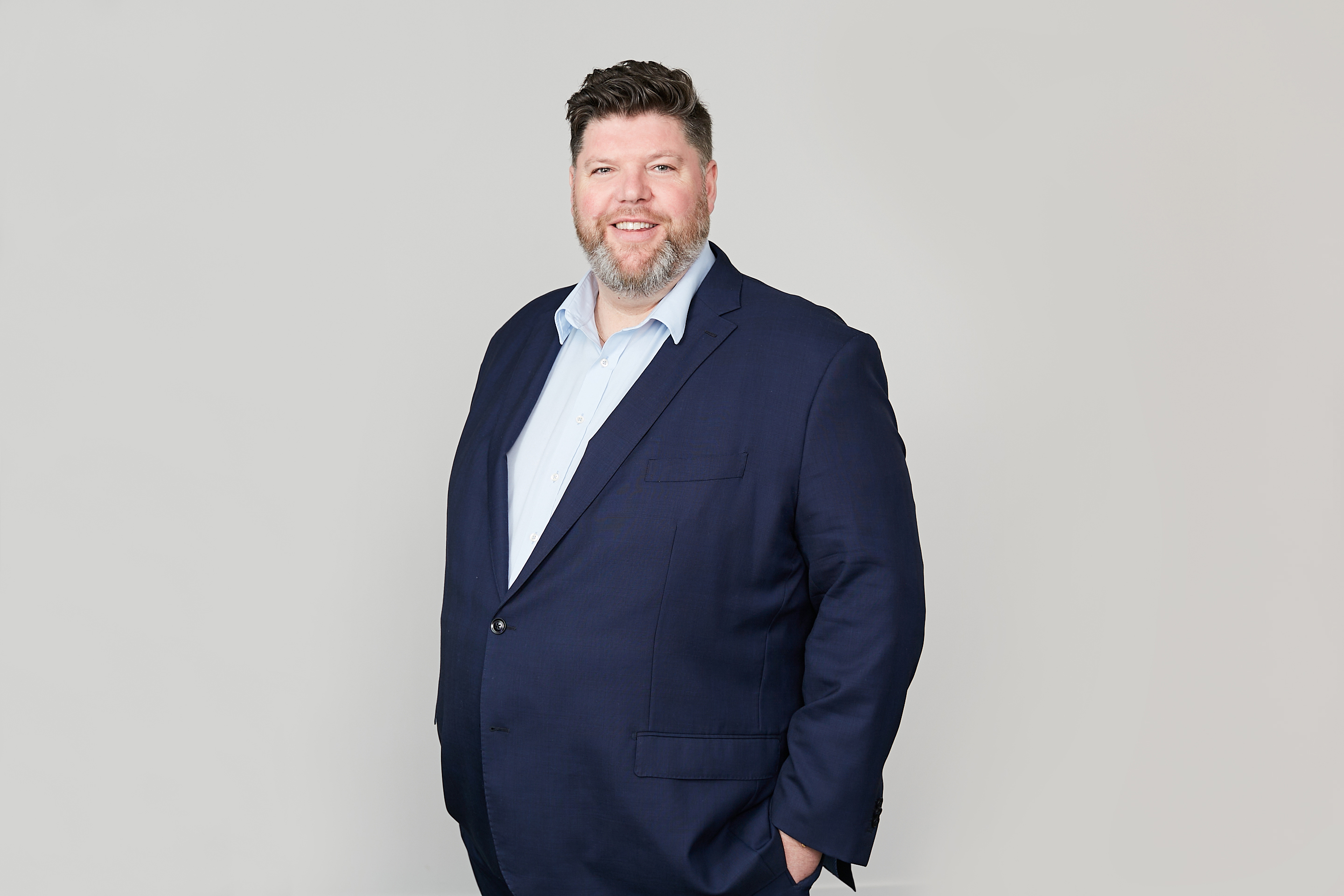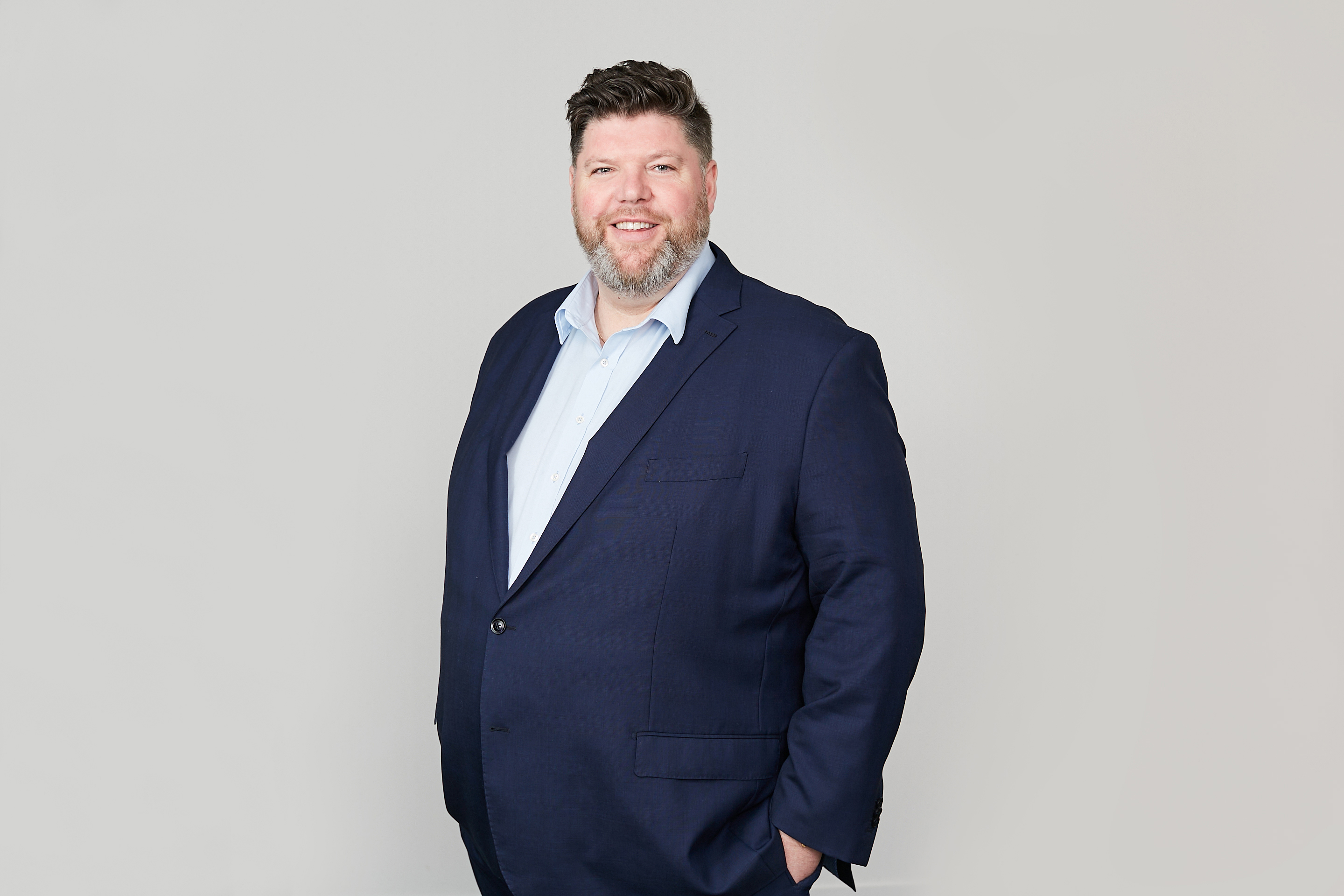
Aaron Kelly
Associate | Legal
Ireland

Aaron Kelly
Associate
Ireland
No Content Set
Exception:
Website.Models.ViewModels.Components.General.Banners.BannerComponentVm
Following on from our refresher on stablecoins last week, our Technology and Web3 team in Ireland takes a look at decentralized autonomous organisations and their path to regulation.
Decentralized autonomous organisations (DAOs) are increasingly recognised as a novel approach for individuals to connect, collaborate, and monetise ideas through blockchain technology.
At a high level, they are businesses born on the internet, powered by blockchain technology encompassing leaderless communities aligned by a common goal. Most commonly, DAOs issue tokens that can carry voting rights, enabling token holders to participate in decision-making processes, such as proposing and voting on changes or directions for the DAO. This can cover a wide range of decisions, including hiring, product development, strategy, investments, and fundraising, depending on the DAO’s purpose. The tokens may also be used to raise funds for the DAO through sales to investors.
As Web3 aims to eliminate the intermediaries in traditional business dealings, DAOs take a more radical approach by decentralising the very structure of organisations. They leverage smart contracts to automate transactions and eliminate the need for traditional leadership hierarchies, thus allowing every member to have a vote in the decision-making processes.
Smart contracts operate on the blockchain and are self-executing contracts with the terms of the agreement directly written into lines of code. Smart contracts define the DAO’s regulations as well as the group’s use of any funds held by the DAO. The smart contracts that regulate a DAO are programmed with its rules and logic and will automatically execute when a predetermined set of conditions are met. If a member attempts to perform an action that is not covered by the rules and logic in the code, the action will fail. Similarly, the smart contracts can implement based on a preprogrammed trigger event (such as the price and availability of a non-fungible tokem(NFT).
DAOs can offer lower barriers to entry, leading to higher financial inclusion; more efficient and less costly decision-making processes due to the absence of a central authority and hierarchical structure, speed in pooling and deploying capital, (as these functions are automated by smart contracts) and flexibility in amending governance rules. In addition, DAOs, can provide full transparency, as all actions are recorded on the blockchain; and innovation is through cooperation - enabling members to contribute towards goals and projects by sharing knowledge, resources, and ideas.
Some of the more successful use cases for DAOs that we have seen are:
However, DAOs are certainly not without their issues. Some of these include; the rigidity of execution, as smart contracts may be strictly coded; an excessive number of proposals, potentially leading to voting apathy; no legal relationship between token holders and DAOs, raising concerns of misselling and unrealistic expectations. Of particular issue is a lack of clarity over the legal status of a DAO, resulting in uncertainty around liability and accountability issues.
According to analysts Deep DAO, there are well over 13,000 DAOs in existence with a total treasury of US$24.4 billion.. This includes 10.4 million token holders and 3.2 million active voters and proposal makers. Accordingly, DAOs are not an inconsequential enterprise. The average year-on-year growth in number of DAOs stands at over 60% since 2021.
As such, legal certainty is of growing importance. There is still no internationally agreed upon regulatory approach to DAOs and, in the EU, DAOs will not generally fall into the purview of MiCA. Of concern is the question of liability and accountability where there is no ultimate decision making entity. Where there isn't separate legal personality, how can the members of a DAO be protected?
One avenue in which jurisdictions are attempting to provide certainty is by applying a “legal wrapper”over the DAO structure. This essentially allows the DAO to incorporate as a legal entity. A legal wrapper inevitably leads to a degree of centralisation, but it also introduces accountability, clarifies tax and reporting obligations for DAO members and imposes a degree of regulatory compliance on the DAO.
For example, several US states have allowed DAOs to incorporate as LLCs (DAO LLCs in Wyoming and blockchain-based LLCs in Vermont). Switzerland recognises DAOs under its current law (Swiss Foundations). The Law Commission in the UK is currently considering the impact of DAOs being classified as general partnerships, unincorporated associations or as trusts. Our colleagues in Cayman and Jersey have also seen the popularity of Cayman and Jersey LLCs rise as legal wrappers.
It is clear that DAOs have advanced more rapidly than regulation can keep up with. Even still, legal systems are attempting to adapt DAOs to existing company registration frameworks, which were not designed with such technological entities in mind. This discrepancy highlights the need for a suitable regulatory framework that can accommodate the unique features of DAOs, requiring collaboration between technologists, regulators, supervisors, and entrepreneurs.
To mitigate the drawbacks of DAOs as an organizational form and the regulatory and legal uncertainties surrounding them, DAOs must adopt a legal form that allows them to contract with stakeholders and perform functions similar to those of regulated financial organisations, while also ensuring the limiting of personal liability.
This adaptation would bring an unavoidable aspect of centralisation to the DAO. However, they can still pursue a centralised purpose through collective decisions and maintain a bottom-up governance model. The European Commission's initiatives, such as studying "Embedded supervision of DeFi" protocols, indicate a move towards understanding and potentially regulating DAOs and DeFi more comprehensively. The omission of DAOs from MiCA may well have been deliberate, so as to provide for freedom to legislate them in due course – we will have to wait and see.

Aaron Kelly
Associate | Legal
Ireland

Aaron Kelly
Associate
Ireland

Dominic Conlon
Partner | Legal
Ireland

Dominic Conlon
Partner
Ireland
Ogier is a professional services firm with the knowledge and expertise to handle the most demanding and complex transactions and provide expert, efficient and cost-effective services to all our clients. We regularly win awards for the quality of our client service, our work and our people.
This client briefing has been prepared for clients and professional associates of Ogier. The information and expressions of opinion which it contains are not intended to be a comprehensive study or to provide legal advice and should not be treated as a substitute for specific advice concerning individual situations.
Regulatory information can be found under Legal Notice
Sign up to receive updates and newsletters from us.
Sign up
No Content Set
Exception:
Website.Models.ViewModels.Blocks.SiteBlocks.CookiePolicySiteBlockVm